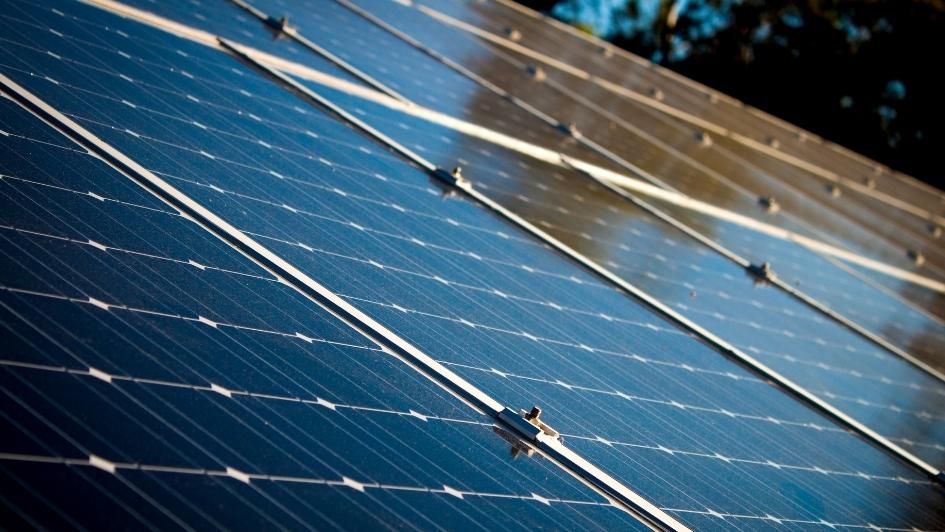ZAMBIA – The Zambian government intends to improve healthcare delivery by utilizing solar electricity for unserved healthcare facilities in order to increase the quality of services provided to poor and vulnerable members of society.
The Government unveiled an Action Plan which aims at introducing solar technology to power health centres in underserved communities in line with the government’s goal of providing equitable quality service for all as laid out in the country’s Vision 2030.
Access to electricity is paramount for optimal functioning of a health facility. It means lighting for safe emergency night-time care and childbirth, refrigeration for blood and vaccines, sterilization facilities, and powering simple medical devices.
Zambia’s plan to electrify rural healthcare facilities with solar comes at a time when over 70% of rural health facilities in the country have no access to electricity which often compromises the healthcare of more than 60% of the rural population.
Off-grid energy systems including generators, renewable energy systems fueled by solar power, wind power or micro-hydro power, batteries and a combination of two or more of the above mentioned technologies present a key opportunity to provide low carbon, reliable and cost-effective electricity.
Minister of Health Hon. Silvia Masebo launched the Action Plan accompanied by an Open Letter calling upon development partners and the private sector to support the solarization of health centres in the country during the Off-Grid Solar (OGS) Investment Forum held on 8th July 2022.
The event was an opportunity to raise awareness of the impact and opportunity of electrifying rural health facilities with appropriate solar technologies to attract public and private sector investment for energy in rural clinics and improve health outcomes for millions of Zambians.
Speaking during the event, Hon Masebo noted that the importance of access to reliable electricity in the delivery of essential health services cannot be over-emphasized. It impacts the well-being of women and children.
She pointed out that the COVID-19 pandemic had highlighted the adverse effect of lack of electricity on health outcomes. It made it difficult to treat patients in need of ventilators and the lack of refrigeration constrained the administration of the much-needed vaccines.
“It is in this regard that the Ministry of Energy, Ministry of Health and Power for All, in collaboration with other stakeholders, have developed this Action Plan which seeks to assist in making deliberate plans to electrify health facilities using off-grid systems. The collaboration further has a Call to Action, a letter that highlights the urgent action needed to invest in the electrification of the health facilities to improve the quality of services and outcomes,” she said.
Access to solar energy will ensure that various health facilities located remote from the electric grid are connected while safeguarding the availability of solar power for health centres with a grid connection which often faces power outages.

